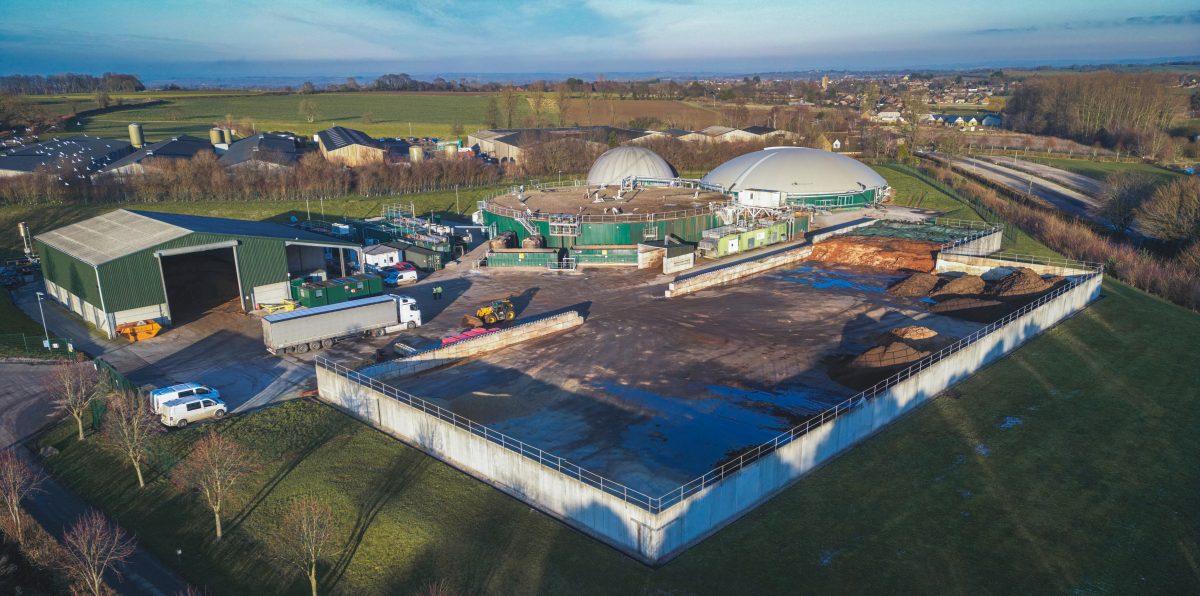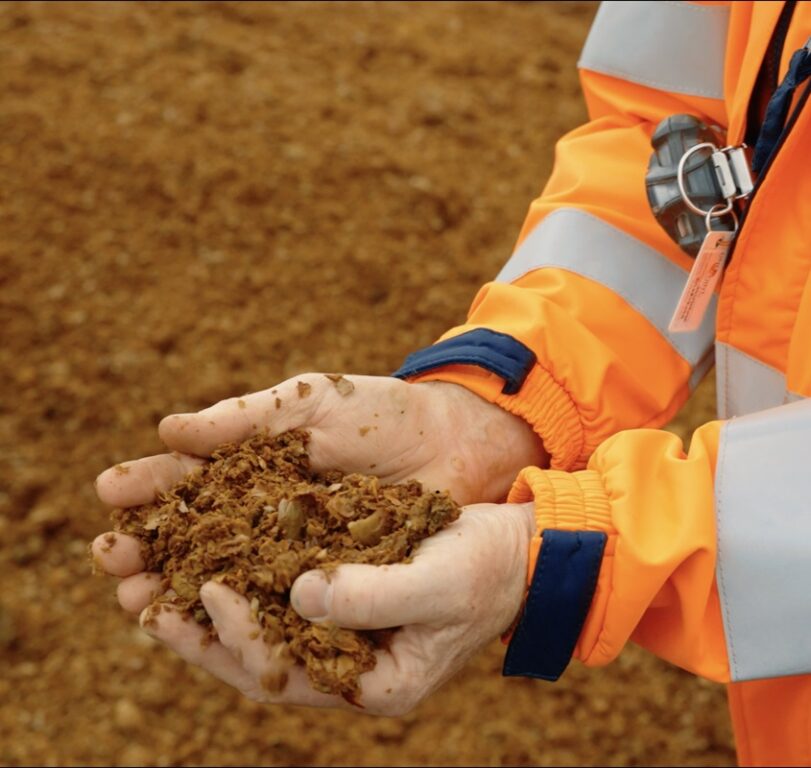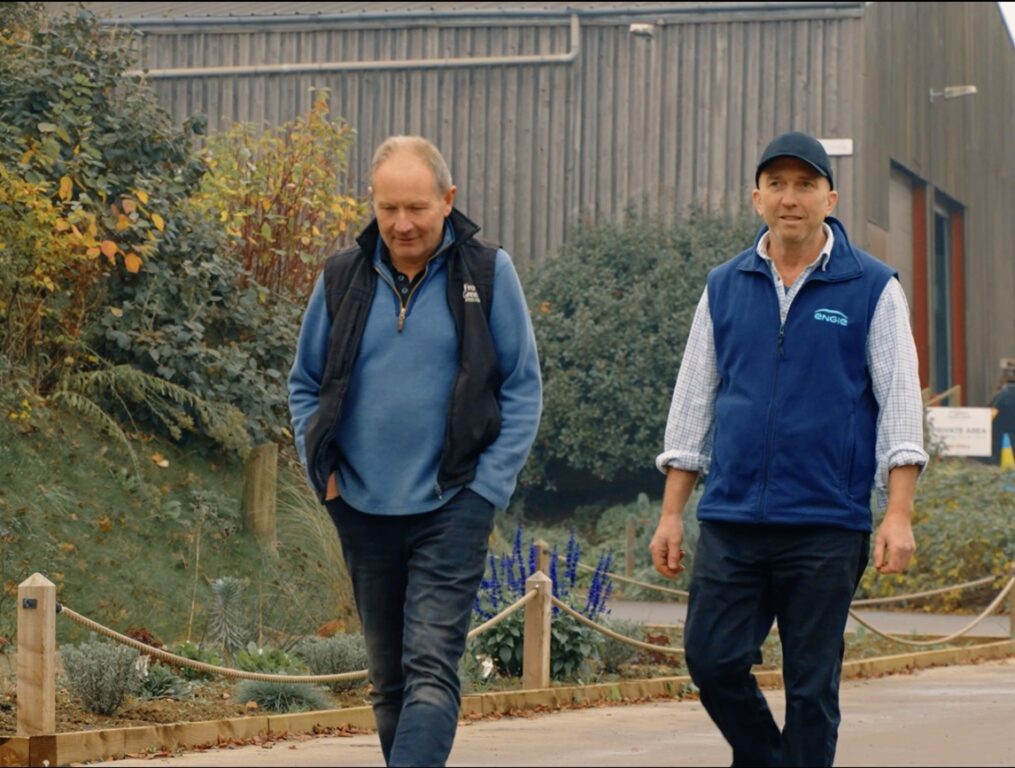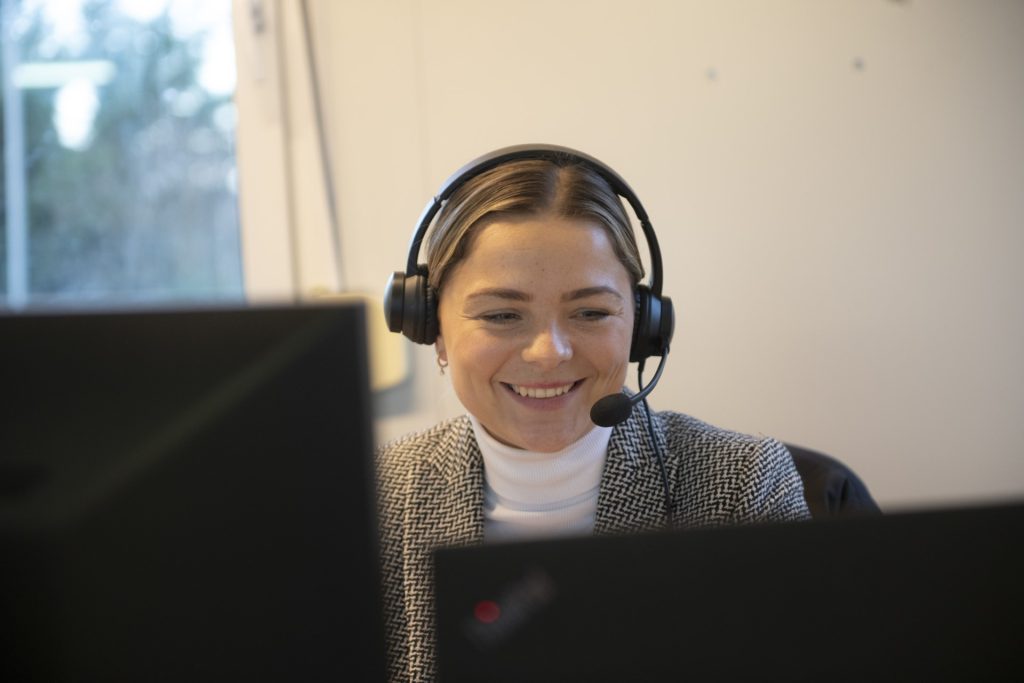Biomethane Plants
Learn more about our biomethane plants, where the anaerobic digestion (AD) process takes place and turns organic waste into green gas.
Operational sites
ENGIE operates four cutting-edge green gas plants across the South West of the UK, each designed to contribute to the transition to a low-carbon economy. Our sites use the power of sustainable energy generation methods to reduce emissions, generate green energy, and support the communities around them.
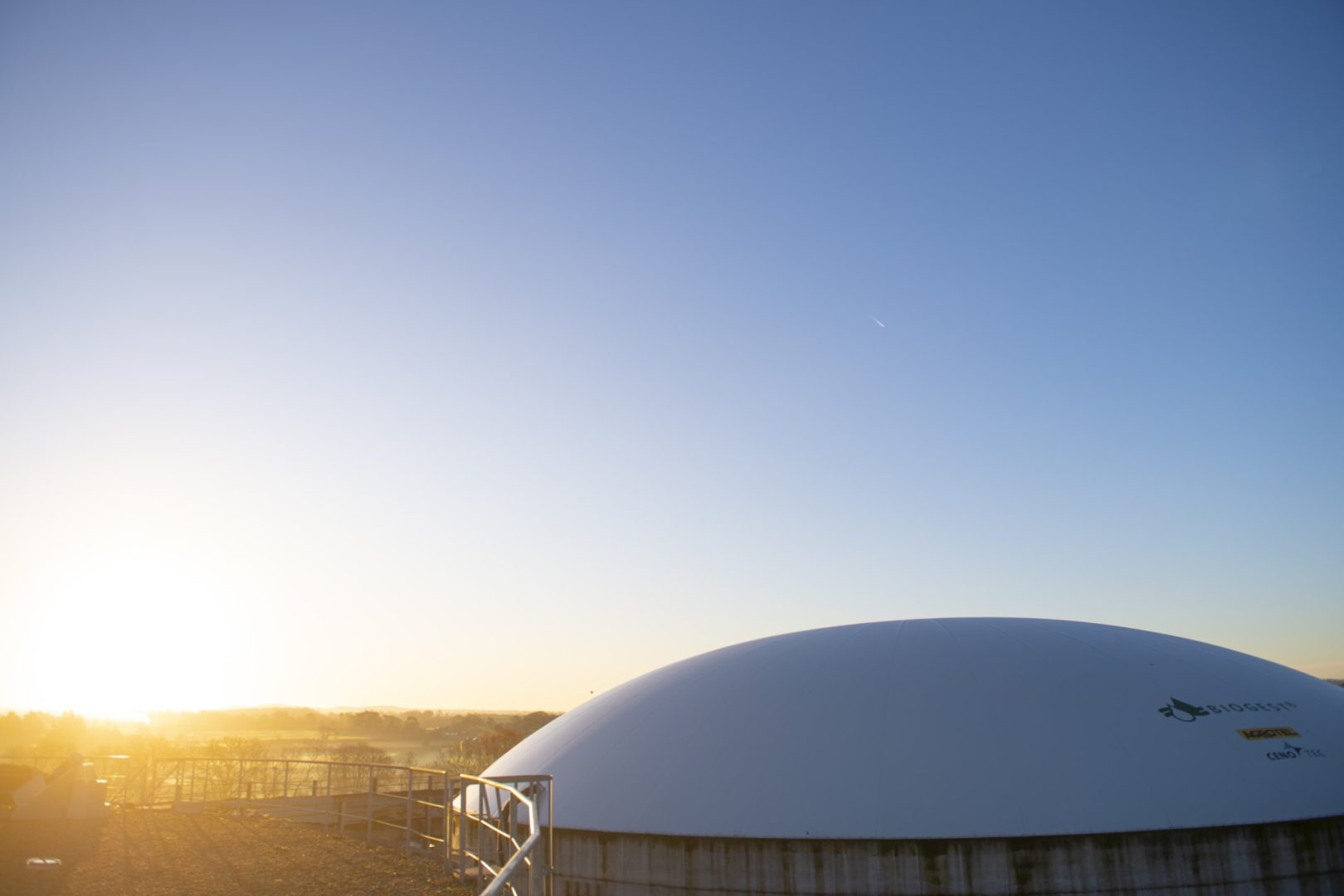
Development sites
ENGIE is expanding its portfolio of biomethane sites across the UK and is always keen to explore new opportunities.
We are actively involved in several development projects aimed at promoting sustainable energy solutions. Our projects focus on converting organic waste into renewable energy through anaerobic digestion, which produces biogas that can be used for electricity, thermal energy, or upgraded to biomethane. And we work with local communities and farmers to do so.
Learn more about our development projects below.
Development projects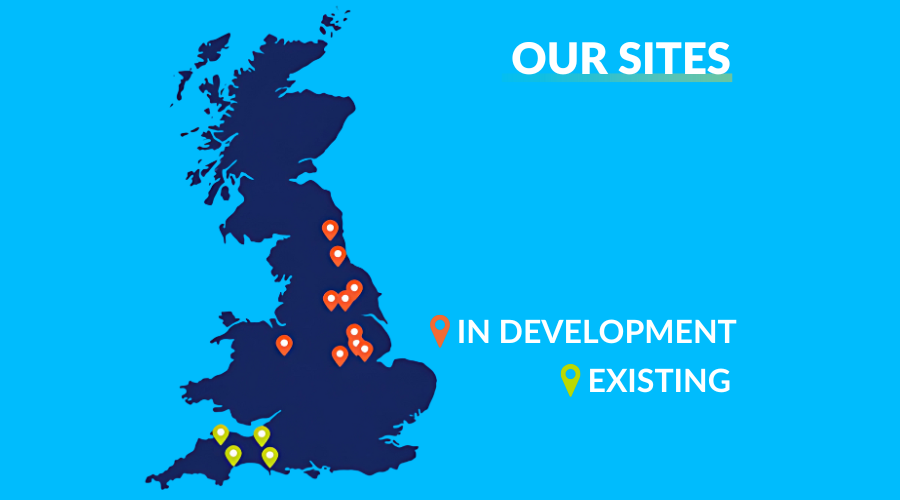
Condate Biogas
Condate Biogas is a state-of-the-art facility that generates renewable energy from organic waste through anaerobic digestion, located just outside South Molton, Devon. Opened in 2015, our plant seeks to work in harmony with local agriculture and the surrounding communities.
By converting agricultural and food waste into clean, sustainable energy, Condate Biogas contributes to reducing landfill waste and lowering greenhouse gas emissions.
The plant is a key part of ENGIE’s commitment to advancing green energy and the circular economy, producing enough gas to heat 2,389 homes and enough electricity to power 934 homes. South Molton has 2,171 homes, so we can confidently say that we supply the entire town and local villages with green gas.
We have received approval to increase the capacity of our Condate Biogas plant, which will ultimately increase green gas production to 3,047 homes and electricity to 1,570 homes. This means we will be able to provide gas to a wider community around South Molton, as well as meet over 70% of the electrical needs of the town.
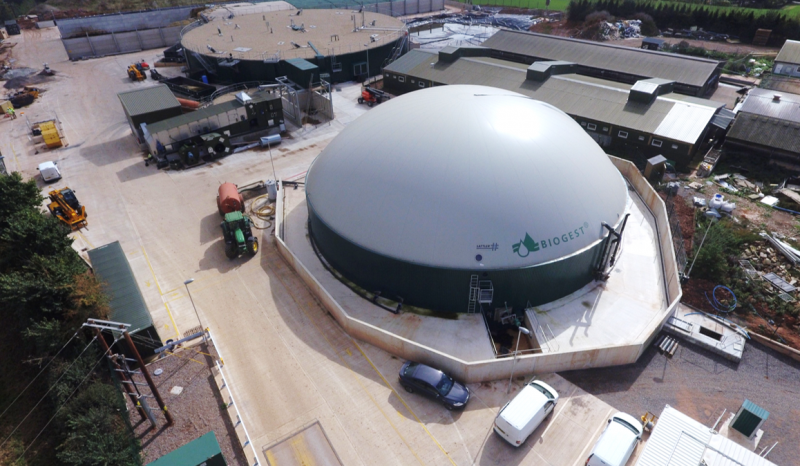
Gorst Energy
Gorst Energy is a leading provider of energy from organic materials, using advanced anaerobic digestion techniques to produce biogas.
Located in a prime agricultural area in Clyst St Mary, on the outskirts of Exeter, this plant uses waste from local farms and food production to generate green electricity and heat. It is a model for sustainable farming and energy production, providing a vital energy resource to local communities while reducing agricultural waste.
Gorst Energy currently provides enough renewable gas to power 2,389 homes and renewable electricity to power 934 homes. This makes us one of the biggest renewable energy generators in the city of Exeter, something we are very proud of.
In addition to the generation of renewable gas and electricity, our plant is also helping to reduce CO2. Gorst Energy currently delivers carbon savings of 3,387 tonnes CO2e per year.
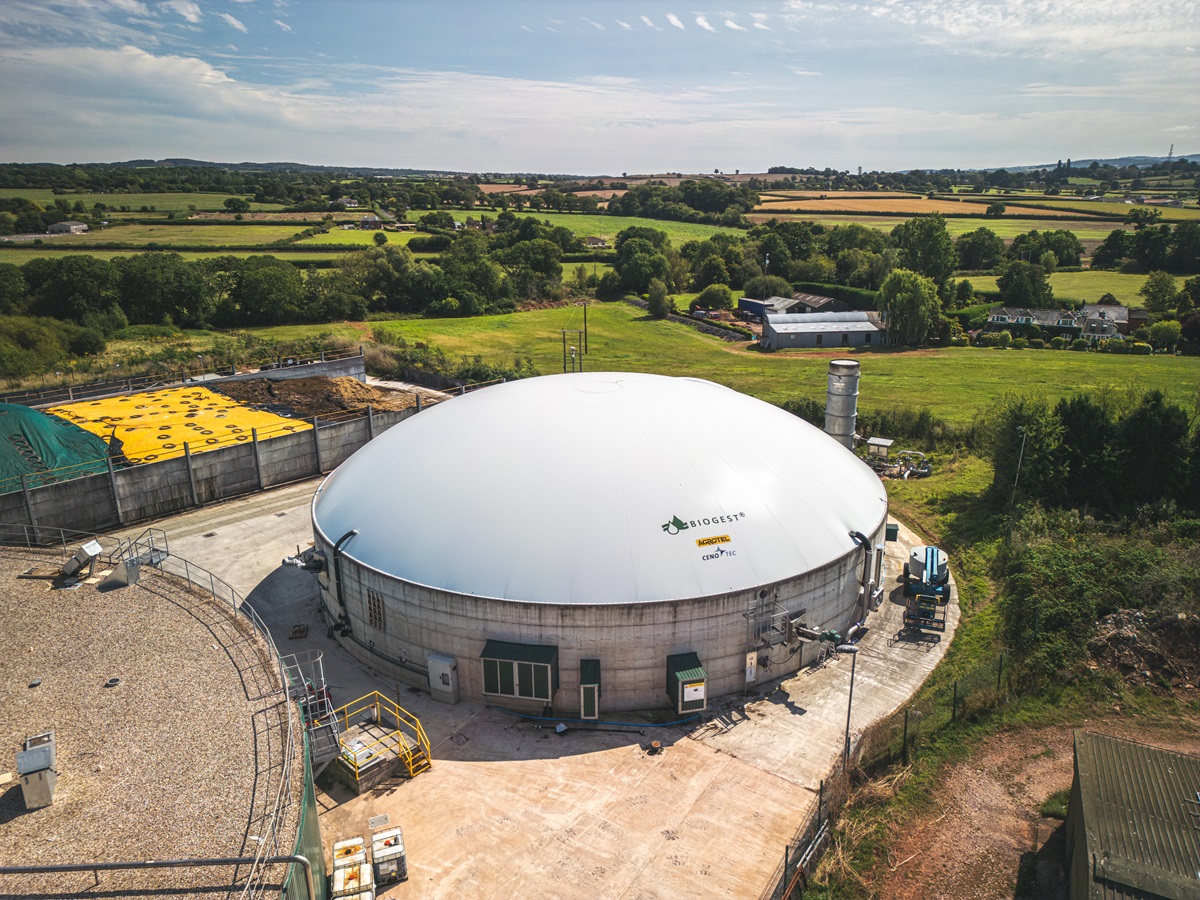
Rainbarrow Farm
Rainbarrow Farm, located in Dorset and was created to supply renewable energy to both Poundbury and the wider area. It is an example of a fully integrated sustainable farming operation. Utilising anaerobic digestion and other renewable technologies, the farm generates gas for both internal use and export to the grid.
The Rainbarrow site not only focuses on energy production but also engages in sustainable farming practices that protect the land and support biodiversity. Our digestate, a byproduct of the AD process, supports local farmers and it is also bagged and sold as a fertiliser to nationwide garden centres under the brand Bloomin Amazing. This puts the green credentials of Dorset onto a national scale.
Rainbarrow Farm currently provides enough renewable gas to power 3,500 homes and renewable electricity to power 628 homes. This makes us one of the biggest renewable energy generators in Dorset.
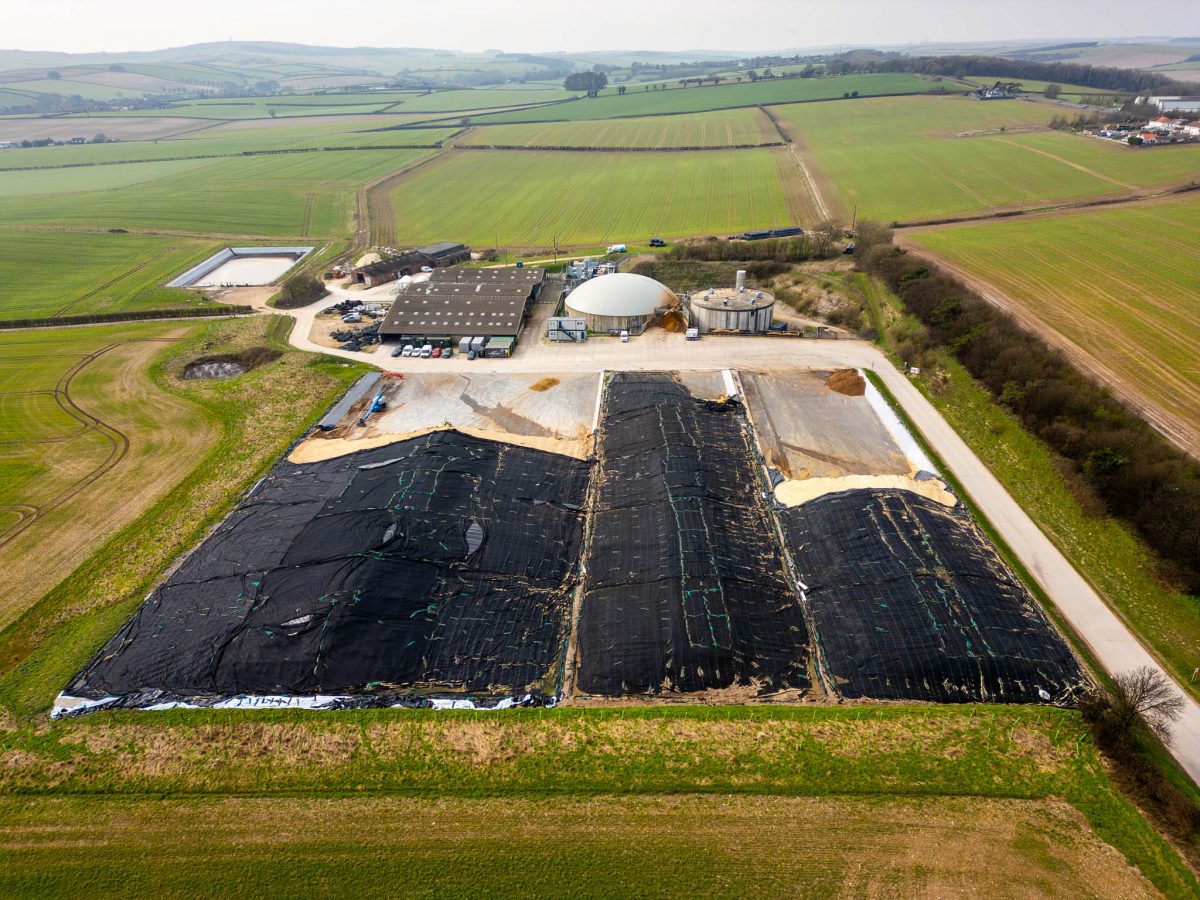
Sustainable Energy Generation (SEG)
SEG was one of the original sites in the UK for creating gas from anaerobic digestion processes. Located in South Petherton, on the site of local farm Frogmary Green, the site takes a selection of organic waste from different sources, working with local farmers to produce gas for the site and for the nearest town.
The site is fully embedded in the community, hosting community days and educating people on the benefits of AD through its education centre.
SEG converts waste to green energy as efficiently as possible, with the help of two 500 kW CHP engines and advanced technology provided by Biogest Energie.
This technology enables us to generate 600 m3 of biogas per hour – enough to power 3,600 homes with renewable gas and 2,400 homes with renewable electricity each year.
